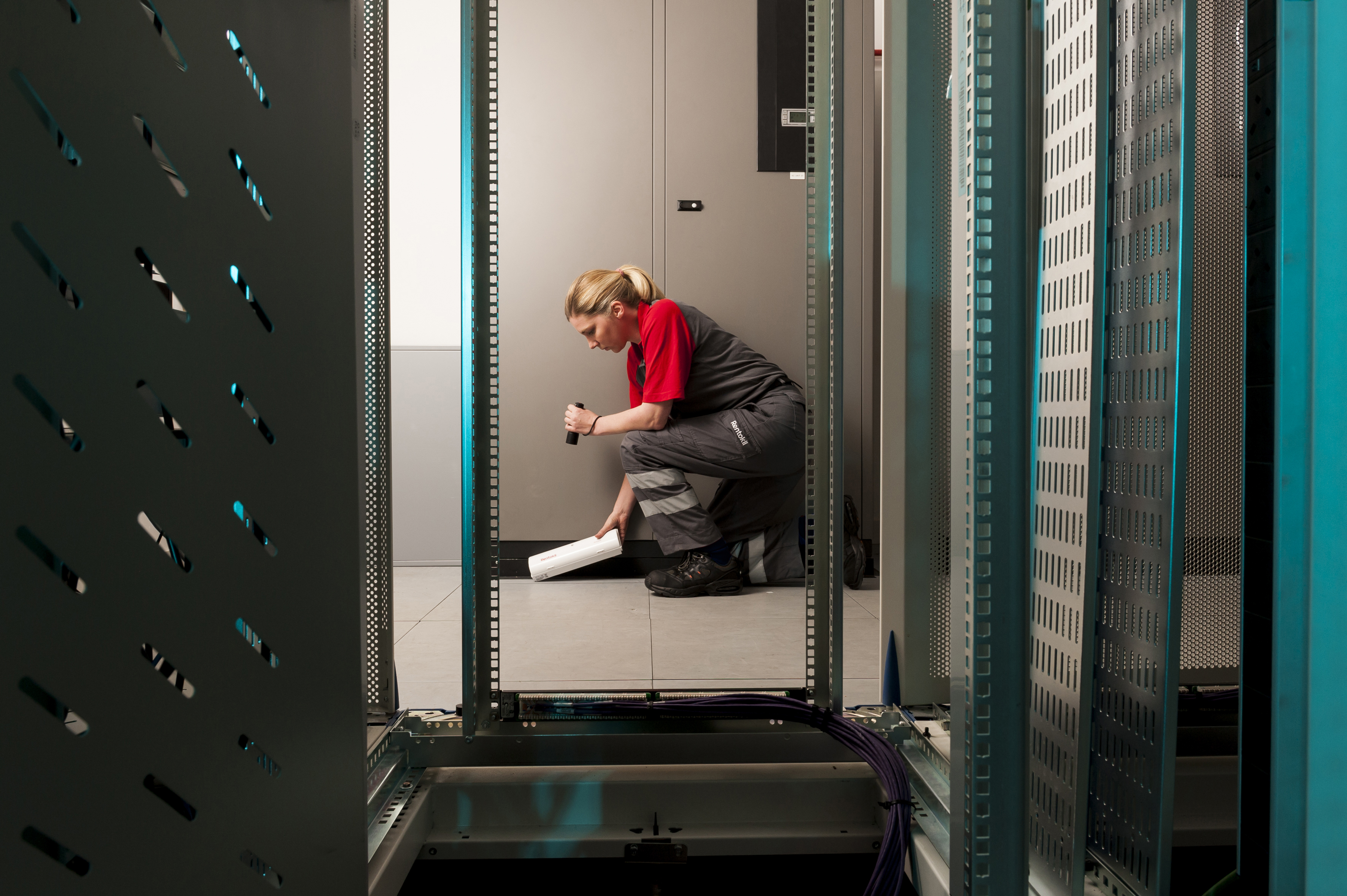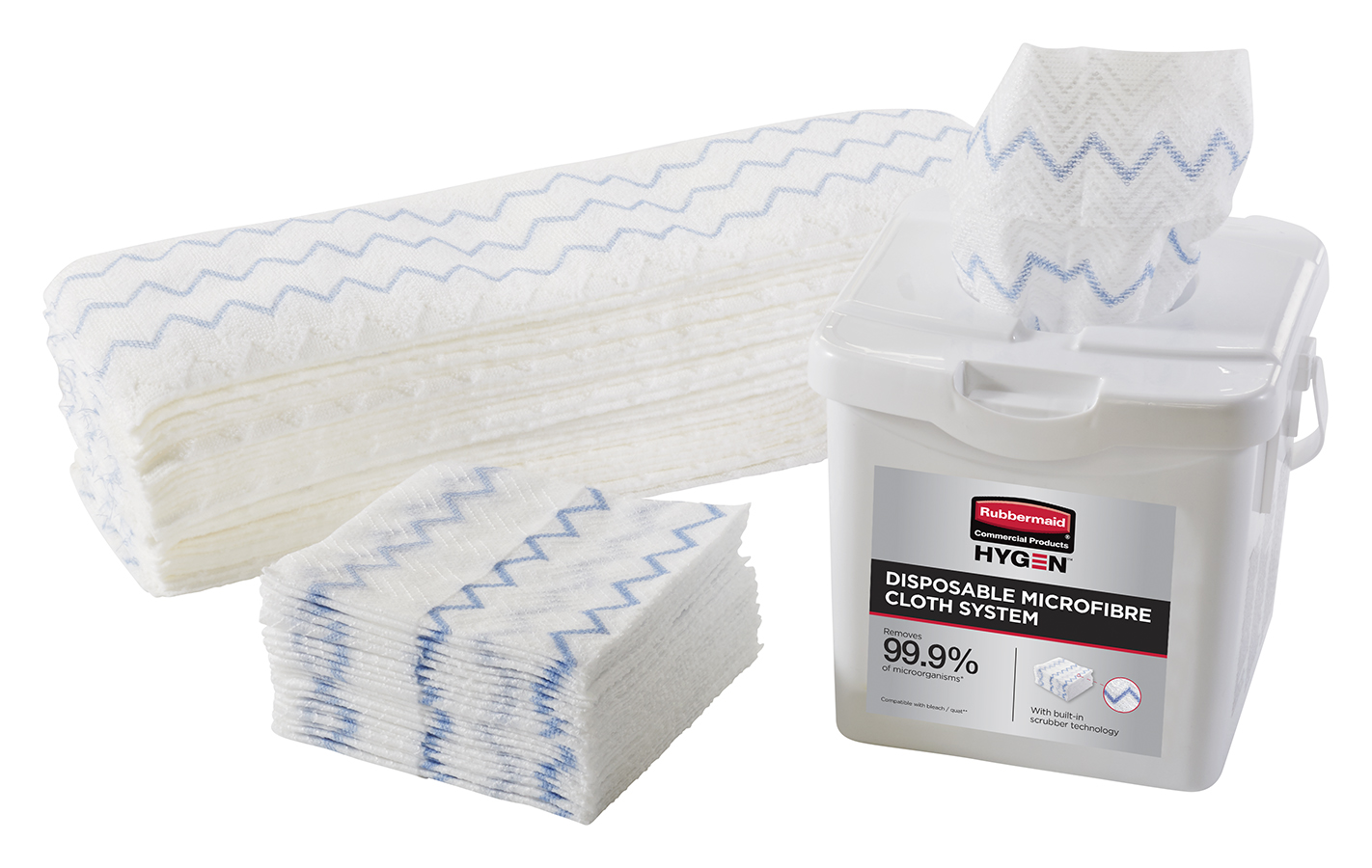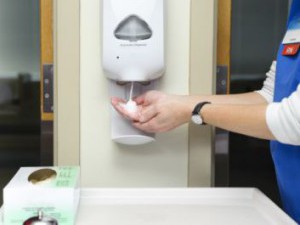
We know that sanitation and hygiene measures are critical elements when it comes to minimising pest activity and infestations, especially within the food industry.
However, Australian businesses are particularly susceptible to pests due the climate changes such as El Nino, creating conducive conditions. We know basic sanitation and hygiene measures just aren’t enough to prevent pests from wreaking havoc and damaging brand reputation.
We recently conducted research in partnership with independent research group Lonergan, which uncovered that three out of five Australian employees have seen a pest in their workplace in the last three years, and a third have seen signs of pests, including droppings and spider webs.
Approximately half of the food businesses surveyed have faced consequences due to pest activity. Of those impacted, 57 per cent have experienced production delays and 50 per cent have had to stop operations.
In order to protect your business and prevent pest infestations, you must move beyond just maintaining hygiene standards. You need a systematic pest management plan to assess risk and control infestations.
Business Impact on hygiene reputation
Regardless of how clean a business may seem, a pest sighting can be extremely detrimental to a business’s reputation.
Our research revealed that over half (56 per cent) of Australians become concerned about the health and hygiene standards of the businesses after they see the presence of pests at work or in businesses they buy from, and 30 per cent say they believe it means the business is dirty.
Three out of five employees have spotted a pest in their workplace within the last three years. Pests are proving to be an all-too-common issue for businesses, impacting their reputation and bringing their hygiene processes into question.
We know that for consumers, pests are a deal breaker, with 51 per cent of Aussies admitting they would never return to a café or restaurant after spotting a creepy crawly. This isn’t a risk businesses are willing to take lightly.
When pest challenges arise, quick and effective action must be taken to minimise impact and protect your business.
Leveraging technology to eradicate pests
AI and automation technology has become a part of everything we do – it’s in our homes, cars, workplaces, and a part of most services we use day-to-day.
Rentokil Initial is investigating the role of AI in pest control, using data analysis to preemptively identify pest activity to help prevent infestations.
Machine learning algorithms process this data to reveal patterns and correlations that human observation alone might overlook.
Leveraging the power of machine learning in conjunction with a network of connected devices has shifted the needle in pest control, improving the efficiency of technicians by using AI to analyse triggers and alert only when needed.
Connected devices, such as Rentokil Initial’s PestConnect, spread across diverse environments and location types, continuously gather real-time data points on pest activity such as rodent behavioual patterns and catch status.
These innovations deliver a sustainable approach to rodent control by reducing the use of toxic chemicals and instead, using smart devices triggered by pest activity to respond and control pests. This complements the overall hygiene process by ensuring the risk of toxic contamination is greatly reduced, especially in the FMCG and food retail industries.
By harnessing the synergy between machine learning and connected devices, pest control has transcended traditional methods, promising more sustainable and ecologically friendly solutions for the challenges of pest management.
Innovative pest control solutions is a critical component in the overall management of hygiene best practice and is required to minimise pest activity in businesses. Consumers and employees deserve the peace of mind of knowing that businesses are utilising technologies to ensure maximum efficiencies are delivered to eradicate pests from premises.
Matthew Jones is service innovation and development manager, Rentokil Initial
Comment below to have your say on this story.
If you have a news story or tip-off, get in touch at info@incleanmag.com.au
Sign up to INCLEAN’s newsletter.


